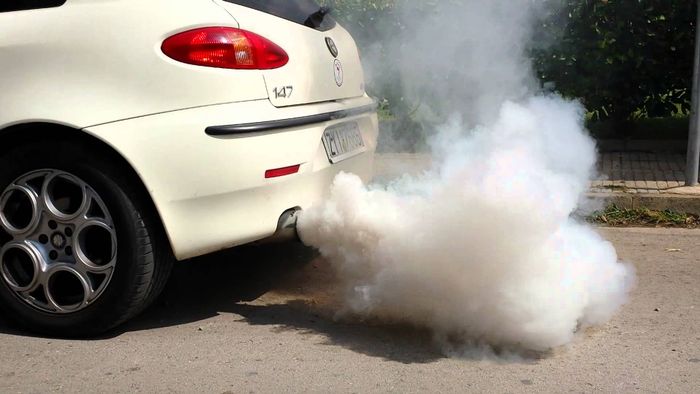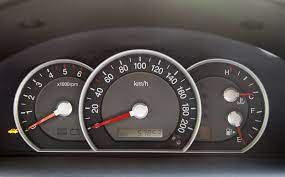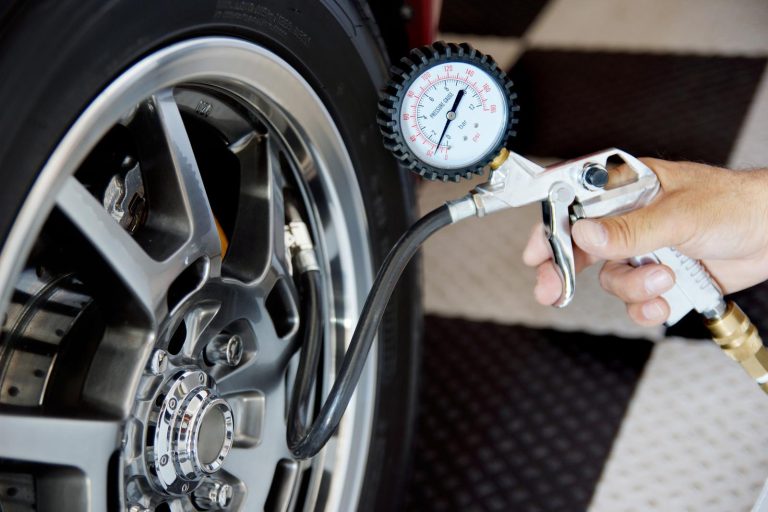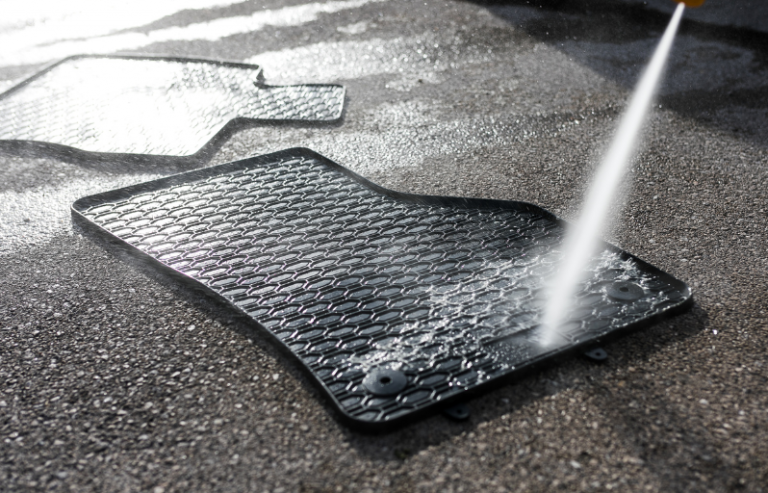Are you curious about why car exhaust fumes are so smoky? Have you ever noticed the thick, black smoke coming from a car engine and wondered what it was? If so, then this blog post is for you!
We’ll be exploring the causes of car smoke and how to prevent it.
What Causes Smoke from a Car Exhaust?
When it comes to car smoke, there are a few different things that can cause it.
- White smoke from the exhaust can be caused by condensation in the exhaust pipe or an engine coolant leak.
- Blue smoke, on the other hand, typically indicates that the engine is burning oil. If the valve guide’s seals are broken, thick white smoke could indicate a blown head gasket, a crack in the head, or a crack in the engine block.
- Small amounts of motor oil or other fluids leaking under the hood can also produce smoke.
- When a car is burning too much fuel, blue smoke is emitted from the exhaust.
- When a car doesn’t overheat but still smokes, it could be because of worn parts like cylinder walls and pistons, broken wires, or heated residues in the engine block.
When your car starts to smoke, it’s important to figure out what’s wrong so that any repairs can be done quickly and safely.

What is Steam from a Car Exhaust?
What is Steam from a Car Exhaust? Steam is water vapor, which is created when the condensation in the tailpipe of your car evaporates while the car has been parked. After you drive for a bit, the steam should dissipate quickly and won’t be anything to worry about.
If the amount of steam coming from your car’s exhaust is excessive, it could be an indication of a problem with your engine that needs to be addressed.
What is Smoke from Under the Hood?
There are many things that can cause smoke to come from under the hood, from burning coolant to oil leaks. The most common cause of smoke under the hood is small amounts of motor oil or other fluids accidentally spilled or leaking from a bad gasket or seal.
There is also the possibility of burning coolant coming into contact with the hot components beneath your car or oil leaking from worn valve cover gaskets.
If you start to see thick gray smoke, it’s a sign that your transmission is likely causing the issue.
It’s important to figure out what’s wrong and fix it as soon as possible to keep it from getting worse and costing more to fix.
Why is My Car Smoking but Not Overheating?
If you’re seeing smoke coming from your car but it’s not overheating, it could be caused by oil outside the engine, where it doesn’t belong. This could be because of a spill when filling the gas tank or adding oil to the crankcase.
Another common cause is a breach in the head gasket which allows coolant to come into contact with the hot components of the engine. Alternatively, it could be due to faulty wire casings, heated residues on the engine block, or burning off coolant from an overflow tank.
When dealing with smoke but no overheating, it’s important to get to the root of the problem as soon as possible in order to prevent further damage.
Common Reasons for Burning Too Much Fuel
The common reasons for burning too much fuel include improper fuel injector maintenance, excessive fuel delivery rates, a poor driving technique in diesel vehicles, malfunctioning carburetor in older cars, and leaking valve seals.
All of these can cause black smoke to appear from the exhaust system, a sign that the air-fuel mixture is too rich. Additionally, blue or grey smoke and a pungent, bitter odor from the tailpipe can signal that the engine is burning oil.
If you notice any kind of smoke coming from your car, be sure to diagnose the problem and get it fixed as soon as possible to avoid further damage.
What Causes a Car to Smoke?
When it comes to understanding what causes a car to smoke, there are several possible explanations.
One of the most common is when small amounts of motor oil or other fluids accidentally spill or leak from a damaged seal or gasket onto the exhaust system or a hot engine. This can cause white smoke under the hood that may be steam caused by condensation in the tailpipe while your car is parked.
Other possible causes include leaking head gaskets, burning oil from valves, pistons, and wiring, and inoperative cooling systems.
If you notice smoke coming from your car, it’s important to diagnose and address the problem as soon as possible to avoid costly repairs and potential engine damage.
Common Causes of Smoke in Older or Higher-Mileage Cars
In older or higher-mileage cars, smoke can be caused by faulty wire casing, heated residues on the engine block, oil consumption without external leaks, an engine coolant leak, a clogged engine air filter, or a fuel injector leak.
These issues can cause excessive amounts of unburnt fuel in the exhaust pipe, resulting in black smoke from the exhaust. Additionally, white smoke can be caused by steam generated from condensation in the exhaust pipe.
It is important to diagnose the problem early and take action to tune or maintain your vehicle if you are noticing any type of smoke coming from your car.
How to Diagnose the Problem When Your Car is Smoking?
It is important to properly diagnose the problem when your car is smoking, as this can be indicative of a serious issue with your vehicle.
To determine the source of the problem, you need to take note of the type and color of smoke coming from your exhaust and engine, as well as any other symptoms that may be present.
If the smoke appears to be black, it is most likely caused by an inefficient fuel-burning process.
White smoke could indicate an issue with the engine coolant.
If you notice smoke under the hood, it could be resulting from faulty wiring, heated residues on the engine block, or other components that have overheated.

Chris Miller is an auto journalist who specializes in reviewing new cars and providing helpful advice on family vehicles. He has a passion for cars and enjoys sharing his knowledge and expertise with others.





